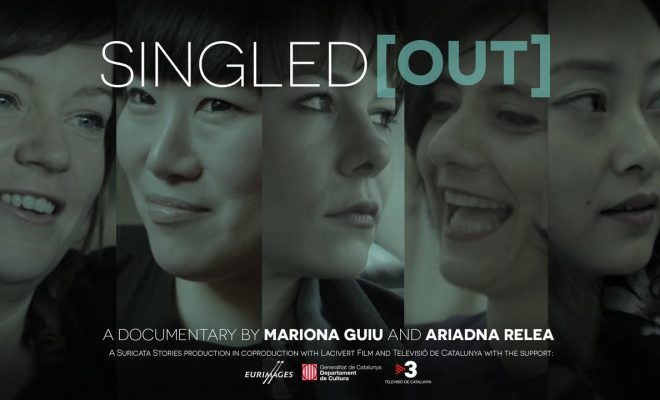
Lifestyle
Singled [Out]: A documentary on the rise of the single woman
Just the other day, I found myself in a little Carlton café waiting to meet Mariona Guiu. Mariona has co-directed a documentary with Ariadna Relea called Singled [Out] and I was fascinated. Fascinated because these talented women were making a documentary about the struggle single women over thirty were encountering and fascinated because this story reveals that this experience is not limited to us here in Australia. The film follows five women, a Melbournian, two from Shanghai, one from Istanbul and another from Barcelona.
I was early for our meeting, the one New Year’s resolution I have ever kept, and flirted with the waiter out of habit. He sat down during a quiet moment, “So you’re interviewing someone? Why her?”
I explained what the film was about and how I thought it was strong to take your pain and actually do something with it. I had read the media release on the film and saw that Mariona had struggled with her singleness, like I have. Her friend and fellow film-maker Ariadna told her to stop looking for a man and start looking for some answers and this set them on a journey around the world. I had to meet this woman.
Because this is 2017, I googled Mariona before she arrived so I would recognise her. I soon saw her peddle her bike up the street and rest it outside the café. Her bouncy curls made me ashamed that I had run the straightener over mine. I shooed the waiter out of her seat and welcomed her.
We ordered coffees, and I heard for the first time just how thick her Spanish accent was. Great, now I was jealous of her hair AND her accent. I launched into my questions:
FT: How did this issue change from something you’d noticed in society to ‘We need to make a documentary’?
MG: I just felt like there was something really obvious to everyone, but me, about my being single. It was really hard to even start relationships and even though I was surrounded by people in the same situation as me, which was a help, I still felt like it was just me. So instead of feeling sorry for myself, maybe we could do something with it. We thought, this could be healing, for us making it and for those seeing it.
FT: Umm [laughs], isn’t that always the way? We think it’s just us! But we’re not seeing the whole picture, right?
MG: Yes! We soon realised that this was bigger and women all over the world were having the same experience. The address may be different, but the essence is the same. So Ariadna and I decided to make a documentary about it and it was so liberating.
FT: You follow the lives of five different women in the documentary, did you feel as though they all had something in common?
MG: At different points in their lives, they have all had the sense of not fitting in because they were single. They have struggled with of the pressure of finding a partner, all except Melek, from Istanbul, who has made the choice to be alone. The rest of the women we spoke to are all trying to figure out where this desire comes from, that crazy desire to have a partner. Where does that desire even originate? Is getting a relationship even that great when we enjoy our own company?
FT: We’ve definitely put coupledom on a pedestal.
MG: We have. These women found that the desire is so embedded and they’re struggling because it has not been achieved. And that sense of failure affects them because they feel as though they’ve been programmed for attachment. Men are afforded the education and autonomy and we get stuck with the attachment? This programming hasn’t worked. But by the end, all the women feel empowered, [laughs] it is not a sad documentary!
FT: I assumed it wasn’t sad! What do you think about this whole tick-a-box mentality, where women think that as soon as they get a partner, everything is going to be sweet?
MG: Yes, I wish there were louder voices about what the next part is, about what happens after you get into a relationship. It seems like everyone just stops at the wishing for a partner, rather than considering what the rest will really look like. We don’t talk about that as much as we should.
We spoke to a lot of experts for the documentary, and remember what I said about this being uplifting, but they said we are in a transition period in society. We’re used to men marrying ‘down’ and women marrying ‘up’ and we’ve got women spending all of their twenties dating, finally reaching thirty and feeling as though they are ready, but it seems like all those available men are taken.
This model is in crisis and it needs to change. As educated women, we don’t really need them anymore, it’s more about choice. The roles are unclear and that’s part of the problem. What do we do with these unclear roles? Besides from following the lives of these women, we’re also looking at the more general issue of our shifting society.
FT: Do you think it is a permanent change in roles? I ask because it just seems that these days if I earn more than a man or am more intelligent than them, it seems to shake their confidence.
MG: This is why we’re single, it’s already like that. We need to establish a new model, so there is no marrying ‘up’ or ‘down’, but a focus on choice. But we’re currently stuck in between these models, so this may mean staying single for a while, or maybe our whole lives. I don’t know.
FT: When you see couples out and about, making it work, do you ever think, “It’s not fair.”
MG: I used to, but not anymore. My main fear now is that I found this experience so empowering it’s going to be very hard for me to make the space for someone. If I knew what I wanted before this, I’m even more aware of it now. Because I don’t need anything less than that and it’s going to be out of choice now. I’m 37 now and I never thought I would be so pragmatic about this, but when I see a couple I know the compromises they’re making that I am not.
FT: Do you think there is an equivalent problem for men?
MG: Not really
FT: It’s just us then?
MG: With the dissolution of those roles we spoke about earlier, they are finding it difficult it in their own way. They want to love too and they have their own issues, but they’ll have to find their own documentary-maker to tell their story!
FT: It just seems as though the older men get with no pressure on them. They get better looking with their salt and pepper hair and everything and society is content to let them wait for love. While us women seem to get the ‘left on the shelf’ label. The men simply haven’t chosen yet, while I haven’t been picked. And that’s a bit ouch, I think.
MG: This is exactly where women get this sense of failure from.
FT: But it is an empowering film…?
MG: Yes! It is! The fact is after you consider what you believe and why you believe it means you can shift it. This film will open up a new, more sophisticated, conversation about single life.
FT: Okay, so the film is almost finished, but a final financial push is needed. If all goes well, when can we see this film?
MG: We will be releasing it by the end of the year! We are getting so much positive interest in our story, but we need support to finish this film.
FT: Here at The Merry Go Round, we encourage everyone to jump onto their Kickstarter page and make a pledge. To find out more about Singled [Out], you can check out their Facebook page and teaser trailer. Let’s help get this film out into the world!
Read more of Fi’s posts here
Want more? Like us on Facebook, Instagram, Twitter and Pinterest for daily posts and upcoming news.
Comments
Fi is a writer and editor for The Merry Go Round. She enjoys sunshine, singing in the car and viewing the glass as half full (of wine)



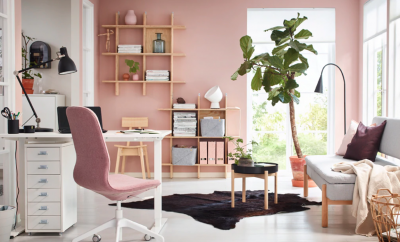


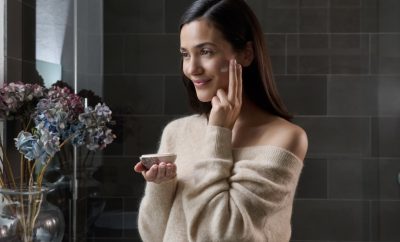
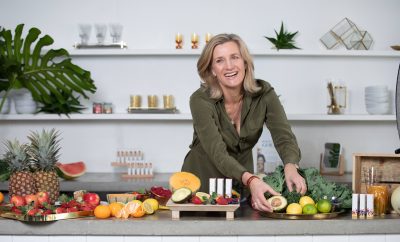


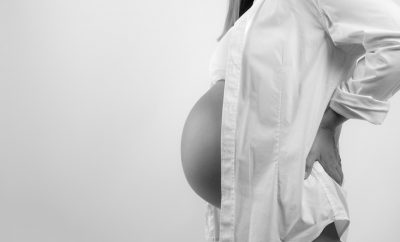

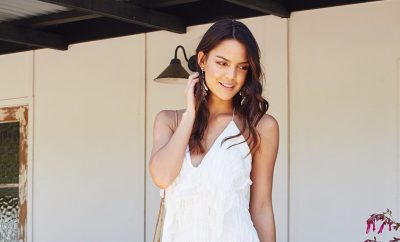


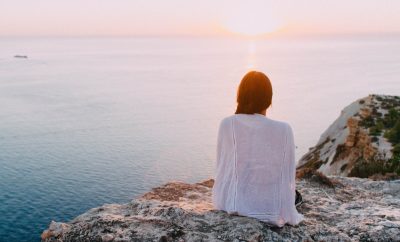
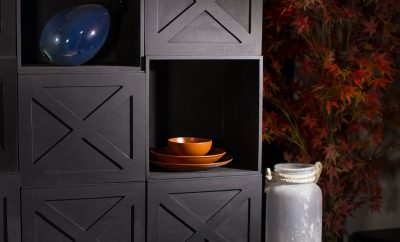
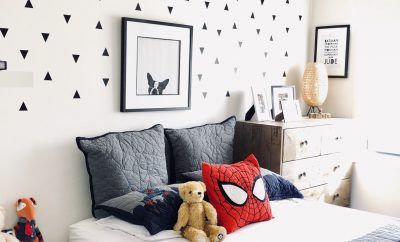






0 comments